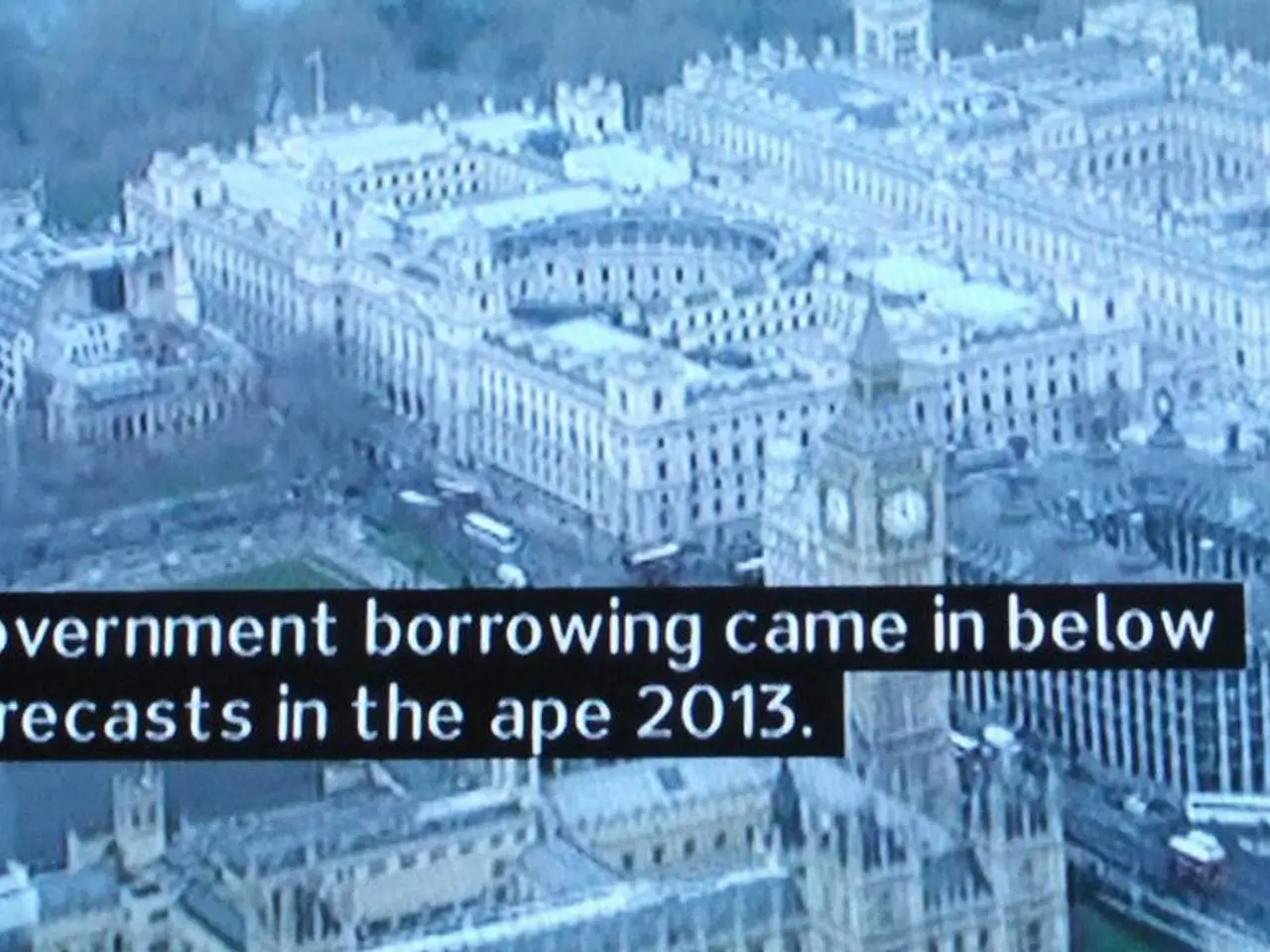Financial institutions issue alarms, forecasting a potential severe economic downturn reminiscent of the difficulties faced decades ago.
In a stark warning, Elliott Management, one of the world's largest hedge funds, has accused political decision-makers of being "dishonest" about the cause of rising inflation. The fund, which manages nearly $56 billion in assets, has predicted a potential path towards hyperinflation and has warned of the possibility of global societal collapse and civil or international unrest.
The current economic crisis, attributed to rising inflation and the largest interest rate hikes globally in two decades, is being closely monitored by economists and central banks. Elliott's warning was reported by the Financial Times and Fortune.
The conditions are so severe that they could lead to the biggest economic upheaval since World War II, according to Elliott Management. If hyperinflation occurs, it would correspond to an annual rate of 12,875%, far above the current US annual inflation rate of 8.2%.
The economic crisis arises from the multifaceted consequences of prolonged low-interest rates after the COVID-19 pandemic. Low interest rates encourage borrowing and spending, leading to economic growth but also increasing debt levels. They also stimulate demand for goods and services, potentially leading to higher inflation if demand outpaces supply.
Moreover, low interest rates can lead to asset price inflation, as investors seek higher returns in equities and other assets. This can create asset bubbles and increase wealth inequality. Low rates can also encourage risk-taking, leading to financial instability if risk is not properly managed.
Former Treasury Secretary Larry Summers also criticized the Fed's monetary policy stance last year, warning of "dangerous complacency" regarding inflation due to the prolonged period of record-low interest rates.
Prominent economist Mohamed El-Erian criticized the Federal Reserve last year for keeping interest rates too low for too long, stating that low interest rates threatened to become "increasingly counterproductive for the economy" and could fuel a "perfect storm" of high inflation, slow growth, and financial instability.
Central banks, including the Fed, Bank of England, and European Central Bank, cut interest rates to record lows near zero in 2020 to boost growth. However, if interest rates remain low for too long, it could force the Fed into a knee-jerk tightening of monetary policy, which could seriously harm the economy.
International institutions like the World Bank and UN have warned that these interest rate hikes could trigger a global recession. The economic slowdown from next year is becoming increasingly likely due to aggressive interest rate hikes by central banks, including the US Federal Reserve.
Elliott Management claims that central banks sparked the inflation crisis by easing monetary policy in the early days of the COVID-19 pandemic. The looming economic crisis could potentially lead to "global societal collapse and civil or international unrest," according to Elliott Management.
In the current context, interest rates are being managed to balance economic growth with inflation control. In the U.S., for example, the Federal Reserve has been adjusting rates to manage inflation and support the economy. However, some forecasts suggest that the Fed may cut interest rates again in the future to support economic growth, which could lead to similar consequences if rates remain low for an extended period.
The warnings from Elliott Management about potential hyperinflation in the business landscape, ignited by prolonged low-interest rates and rising inflation, have caused concern among economists and central banks alike. This economic turmoil, as predicted by Elliott Management, could be the largest since the end of World War II, impacting the global finance sector severely.




